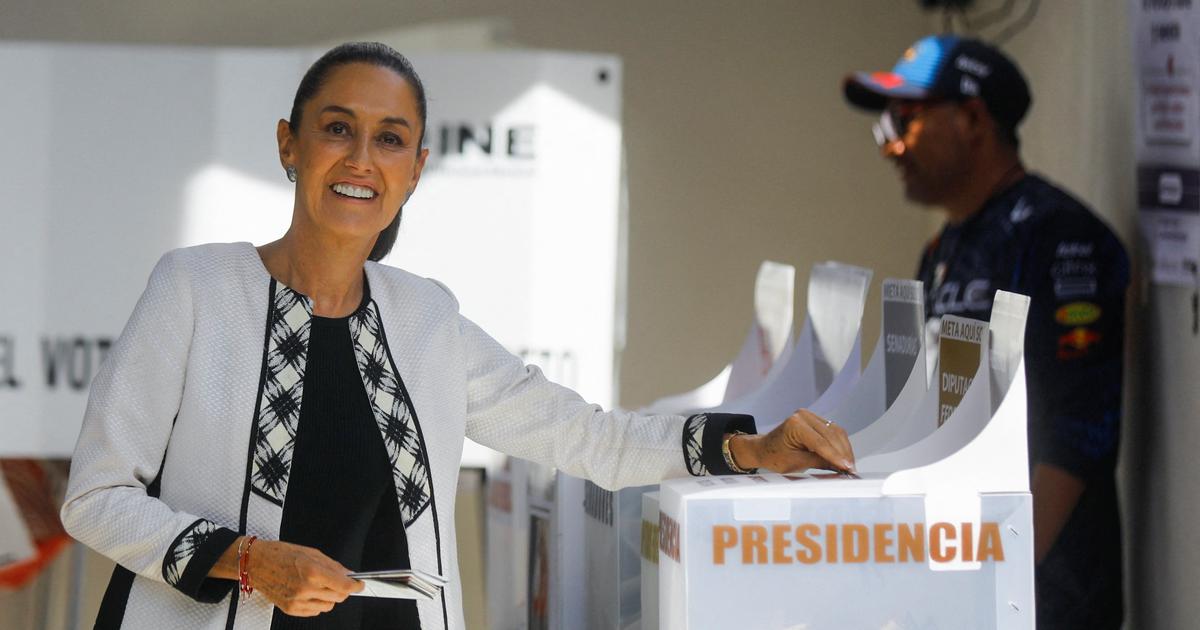Historic Election in Mexico: First Female President Likely
On Sunday, June 2, voters in Mexico took to the polls to participate in an historic election that is set to see the country's first female president. The leading candidate is Claudia Sheinbaum, representing the Movement for National Regeneration (Morena) party, ahead of her center-right opponent Xochitl Galvez and minority Citizen Movement candidate Jorge Maynez.
Violence Casts Shadow Over Polls
As voters lined up from Cancun to Mexico City, the elections were marred by violence, a grim reflection of the country's ongoing struggle with organized crime. In the western state of Michoacan, candidate Israel Delgado was assassinated, adding to a toll of at least 25 murdered candidates, according to AFP. Despite this, voter participation was expected to be “historic,” with extensive lines reported at polling stations from the early hours.
A Potential Transformation for Women and Policies
Sheinbaum has positioned her campaign around transforming Mexico, particularly in addressing gender violence and organized crime. She has consistently led the polls by a significant margin, buoyed by the popularity of outgoing President Andres Manuel Lopez Obrador. Her policies promise to tackle the roots of violence and impunity without overly aggressive measures. Additionally, her Jewish heritage and successful term as the mayor of Mexico City add layers of complexity and interest to her candidacy.
Challenges Facing the New 'Presidenta'
If elected, the new 'presidenta' will face monumental challenges, including deepening the welfare state amidst a deteriorating budget. Forecasts predict a deficit of 5.9% of GDP for 2024. Furthermore, Mexico's relationship with the United States, characterized by drug trafficking and immigration issues, will be a pressing concern. Sheinbaum's approach promises continuity in policy but is expected to come under scrutiny from both political opponents and civil society.
- Sheinbaum has vowed to follow the outgoing administration's policies, particularly in reducing poverty and addressing high crime rates. With a background in academia, including a stint at the UN where her research contributed to a Nobel Peace Prize-winning effort on climate change, she brings both scientific and public administration experience.
- The election also marks a broader trend in Latin America towards greater gender representation in politics. As Mexico prepares for potentially its first female president, the region has seen increased female political leadership, though major disparities remain. Notably, former presidents like Michelle Bachelet of Chile exemplify the potential impact of female leadership, despite prevailing patriarchal attitudes.
- The opposition, represented by Xochitl Galvez, emphasized the need for a safer Mexico and criticized the current administration’s security policies. Galvez, known for her engineering background and as a successful high-tech entrepreneur, promised significant changes if elected, though polls indicate her trailing behind Sheinbaum.






